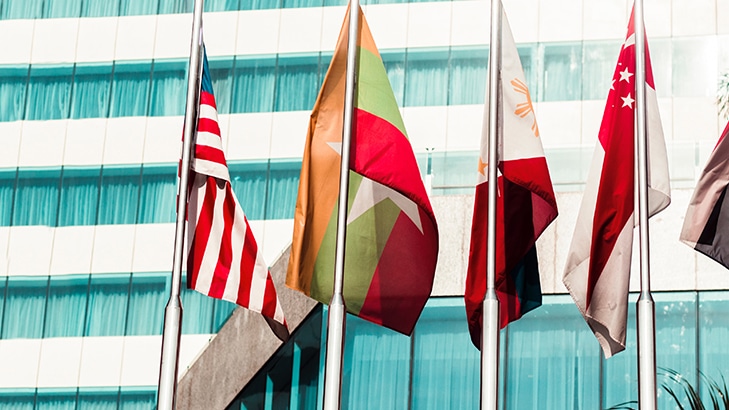United Nations Plastics Treaty
Background
In March 2022, at the fifth session of the UN Environment Assembly (UNEA-5.2), a historic resolution was adopted to develop an international legally binding instrument on plastic pollution, including in the marine environment. The resolution (5/14) requested the Executive Director of the UN Environment Programme (UNEP) to convene an Intergovernmental Negotiating Committee (INC) to develop “the instrument,” which is to be based on a comprehensive approach that addresses the full life cycle of plastic, including its production, design and disposal.
Since adoption of the resolution, several INC has been conducted in order to make progress towards the development of a legally binding treaty. In May of 2023, INC-2 was conducted in the city of Paris. INC-2 is widely viewed as an organizational meeting, where the election of officers, adoption of the rules of procedure, establishment of contact groups, and dates and venues for subsequent INCs were discussed and agreed upon.
WCC and ACA has partnered with the chemical industry to present a united front. As a recognized non-governmental organization with the United Nations, WCC has 5 seats at the INC meetings. At INC-3, conducted in Nairobi, Kenya in November 2023, and at INC-4 which will be conducted in Ottawa, Canada at the end of April 2024, WCC has worked closely with the chemical industry.
The “Zero draft text of the internationally legally binding instrument on plastic pollution, including in the marine environment” was considered at INC-3 and additional debate will occur at INC-4.
ACA Action
ACA and World Coatings Council are currently reviewing the revised “Zero draft” and developing advocacy strategies. The Zero draft is designed to facilitate discussion of policy positions that can be converted to elements in a legally binding instrument. The scope of the Zero draft is very broad – encompassing production and supply of plastics through to end-of-life management. Specific topics addressed include primary plastic polymers, chemicals and polymers of concern, problematic and avoidable plastic products, intentionally added microplastics, exemptions, product design and performance, use of recycled plastic content and many, many others. The document contains many philosophical gaps. For instance, there is no section devoted to definitions or even the objectives as these sections are left blank for development at upcoming meetings. In addition, the Zero draft contains options for inclusion into the final document which is designed to allow the principle delegates the opportunity to discuss conservative, restrictive policies (typically Option 1) and more flexible options for national rule development (typically Option 2).
ACA and the World Coatings Council are working with a coalition of industries to provide data and comments to INC-4. In coordination with the industry coalition, comments will be developed and forwarded to the United States State Department.
It was originally anticipated that the plastics treaty would be developed and final by the end of 2024. It seems likely that this timeframe will be extended to at least the spring of 2025.
Note that even if a plastics treaty is successfully negotiated at the United Nations, it must still be ratified by each country. In the United States, this requires the signature of the President and ratification by the United States Senate. The United States has not always ratified environmental treaties (The Paris Accords, Basel Convention).
ACA Staff
Heidi McAuliffe
Senior Vice President, Government Affairs
